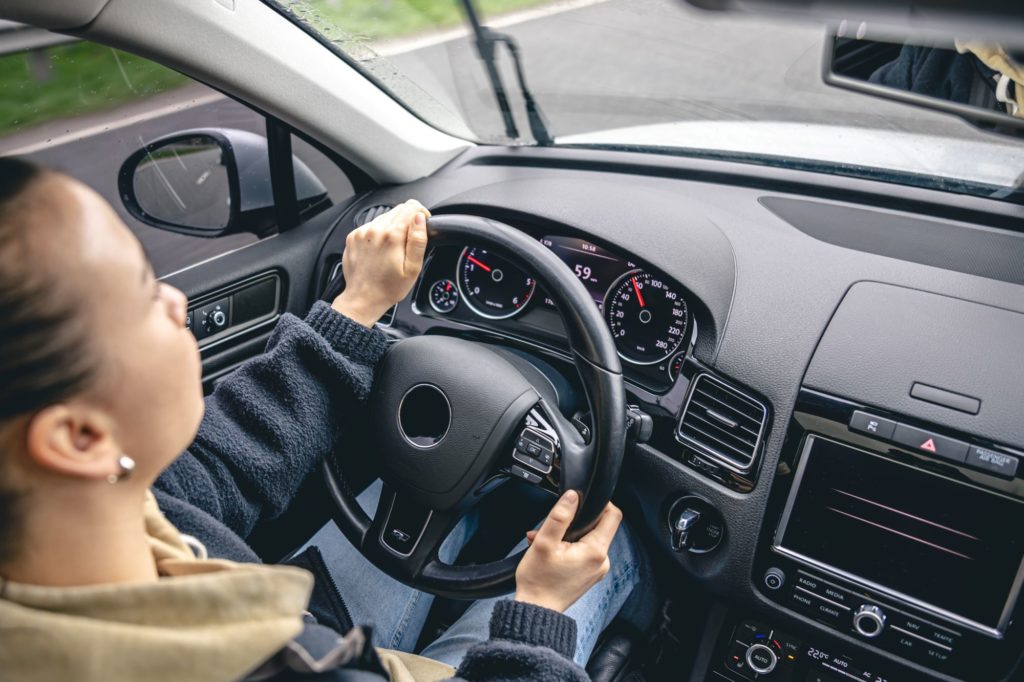With fluctuating gasoline prices, you may be thinking about ways to improve your car’s mile-per-gallon fuel efficiency (MPG). Fortunately, there are several simple maintenance tips and driving habits that can help you get the most out of every gallon.
Maintenance Tips for Better Fuel Efficiency
1. Keep Your Tires Properly Inflated
When your tires are underinflated, your car’s engine needs to work a little harder to move. Checking your tire pressure and keeping them inflated to the recommended levels can ease the burden on your engine and improve fuel efficiency.
2. Change Your Air Filter
Did you know a clogged air filter can affect your fuel efficiency by restricting airflow to your engine? Replacing a dirty air filter with a new one can improve your car’s fuel efficiency.
3. Use the Right Motor Oil
Using the recommended type of oil for your vehicle can help it run more smoothly, extend its life, and boost fuel efficiency.
4. Maintain Your Engine
Regular engine maintenance—including oil changes, spark plug replacements (as necessary), and fuel system cleanings—can keep your engine running efficiently and improve fuel economy.

Driving Habits for Better Fuel Efficiency
1. Avoid Rapid Acceleration and Hard Braking
Smooth and steady acceleration and braking can improve your fuel efficiency.
2. Use Cruise Control
Using cruise control on the highway helps maintain a constant speed, reducing the need for acceleration.
3. Reduce Excess Weight
Carrying unnecessary items in your car can weigh it down and reduce fuel efficiency. Remove heavy items from your trunk or back seat that you don’t need to keep in your vehicle.
4. Minimize Idling
Idling can waste a significant amount of fuel. If you’re going to be parked for more than a minute, turn off your engine to save fuel.
Benefits of Improved Fuel Efficiency
Improving your car’s fuel efficiency can save you money on gas and also reduce your carbon footprint. Improving fuel efficiency is simple with regular maintenance and mindful driving habits!
This article is for informational purposes only and does not constitute professional auto repair or maintenance advice. For more information, contact your local auto repair shop.